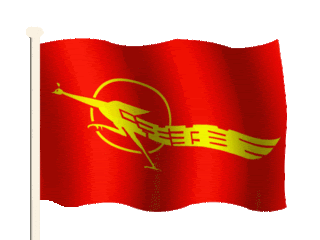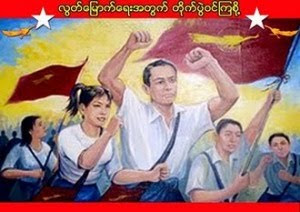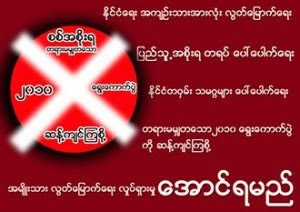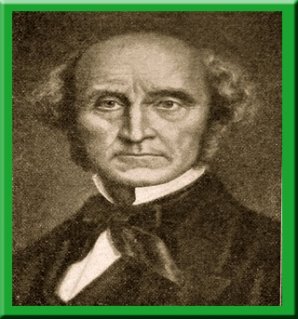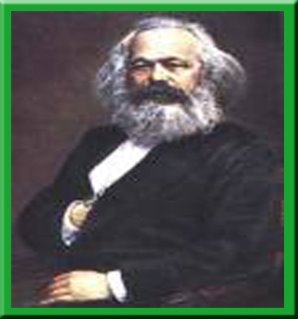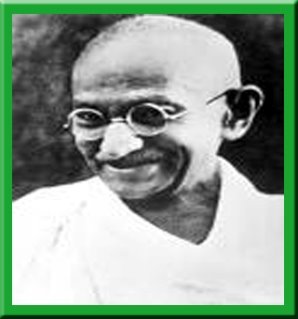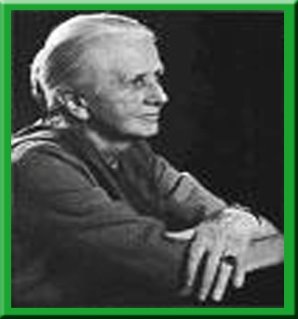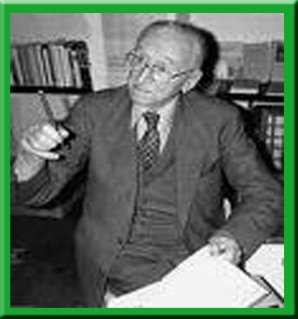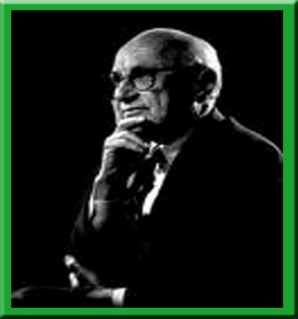With the waves of democratization in the last decades, democracy has become popular throughout the world’s major regions and represent as the fundamental standard of political legitimacy among different countries. Within the increase of democratic society, there have been various patterns of democratic processes and procedures. Among them, war can be considered as one of the most important explanatory factor. In this essay, I would like to analyze the impact of war on democracy with reference to Europe and USA, the full established democratic countries.
Generally, democracy is referred to as ‘ruled by people’. The helpful starting point to consider the nature of democracy is Abraham Lincoln’s Gettysburg Address, delivered in 1864 at the height of American Civil War. Lincoln extolled the virtues of what he called ‘government of the people, by the people, and for the people’. The nature of democracy has tended to focus on three central issues of ‘who are the people, in what sense should the people rule and how far should popular rule extend’. There are various kinds of views which answer these central questions; however, the main factor to be considered is a democratic direction.
According to Potter, political changes moving in a democratic direction is called democratization. Political theorists approached this democratization in three different ways. The modernization theorists emphasize a number of social and economic requisites either associated with existing liberal democracies or necessary for successful democratization. The transition theorists emphasize political processes and elite initiatives and choices that account for moves from authoritarian rule to liberal democracy. The structural theorists emphasize changing structures of powerful favorable to democratization.
In general, there are six explanatory factors which associated with or causes democratization to which theoretical approached in different ways such as economic development, social divisions, state and political institutions, civil society, political culture and ideas and transnational and international engagements including war. Among them, the relationship between war and democracy is very complex.
There are different kinds of wars in the world, namely Civil War, Cold War, Colonial War, Revolutionary War and World War. Transition theorist Dankwart Rustow mentioned that democracy is born of conflict, even violence and never as a result of simply peace. He analyzed the events of the World, including military failures or success that can trigger liberalization and mentioned that people who are not in conflict about some rather fundamental matters would have little need to devise democracy’s elaborate rules for conflict resolution (Rustow, 1997). Similarly, structural theorists, Rueschemeyer, potter and Moore and Therborn analyzed the impact of war on democracy.
In the case of USA, the national struggle for democratization was resulted firstly from the predominantly anti-imperial struggle, namely the American Revolution, which went from the beginning of the War of Independence in 1776 to the establishment of the new American constitution in 1787. The constitution of 1787 established an elected federal legislature and entrenched a series of civil and political rights to American polity. Then, the next stage in American democratization emerged from the American Civil War. Potter mentioned that this Civil War ended slavery in the South and curtailed the development of an explicitly anti-democratic coalition of Northern and Southern elites.
In addition, Moore claimed that USA achieved a form of democracy through revolution war, i.e. a bourgeois revolution. If the bourgeoisie are powerful, they can break down the aristocratic domination. The bourgeoisie are industrial and commercial middle classes which are also the sociological vectors of liberal and democratic ideologies and te active creators of democratic institutions.
Before the First World War, women were excluded from democratic processes. It was only achieved after this War that women can vote in all state and federal elections. Therborn mentioned this as democratization by internal mobilization. Nevertheless, the First World War concluded isolationism and encouraged its citizens to contact with the rest of the world. It also ended innocence about USA democracy and the politics of race.
Similarly, the Second World War had a major impact on the democratization process of USA. The pattern of racial politics that has been instrumental to the process of democratization has changed with the deployment of African-Americans in all major aspects. The soldiers represented the main players in the rejection of segregation and in the mobilization of black opinion after post-war period. Then the American democratization process has finished after the rise of the Civil Rights Act of 1964 and the voting Rights Act of 1965 and USA can be reasonably called as the full liberal democratic country.
In the case of Britain, early bourgeois revolution initiates capitalist development and terminates Royal Absolutism. Moore referred the Civil War (1640-49) as the bourgeois revolution. Due to this war, powers had been transferred to the elected House of Lords. Then many basic civil and political liberties were effectively suspended during and after Napoleonic wars (1799-1815). In the next century, the suffrage was expanded by the three Reform Acts of 1832, 1867 and 1884.
Therborn argued that the 1867 Reform Act placate popular demands for democracy and obtain a significant part of the new electorate for the Conservative party. He then claimed full democratization by national mobilization for First World War. The end of the First World War spelled the triumph of national sovereignty across Europe. After the First World War, the universal adult suffrage approached Britain in 1919. War has speeded up the process of Britain Democratization because the extension of suffrage to all men and women is related to the national mobilization of men and women in mass citizen armies.
The Second World War also had a good impact on the British Democratization process. The end of war simply extended the developments of pre-war era and democracy was reactivated in Britain. The post-war Britain government established the key components of the British welfare state.
In the case of France, the French Revolution started in 1789 cleared out the political infrastructure of Royal absolutist rule and feudal economic relations. The good impact of war on democracy was that the declaration in the constitution of the First Republic in 1793 as likes a radical democratic programme of universal male suffrage which entrenched civil and political rights and representative government. The bad impact of war was the consequences of the long Napoleonic wars. In contrast with the other wars, the country was reverted into an authoritarian monarchy in 1815. Despite of attempts to displace the monarchy in 1848 as a second Republic, a lasting democratic constitution was not achieved until the Franco-Prussian war of 1870-71. Therborn argued that France further democratization was emerged by defeat after Franco-Prussian war. French democratization was not smooth as like Britain or USA after Second World War conditions. However, War has some extent of impact on democratization in France.
In the case of Italy, a liberal democratic constitution was created in early 1948 after the Second World War. The first general election of Italian Republic was held and women voted for the first time. It was the establishment of stable democracies in Italy.
In the case of Southern Europe, the war had a good impact on democracy. In the mid 1960s, the crisis of authoritarianism has emerged that led to democratic revolutions in the mid 1970s. These crises were imposed in Portugal externally but generated in Spain domestically. For Spain, its long-term structural roots were the results of the colonial wars in the Portuguese-African Empire. The colonial war led to the Portuguese Revolution in 1974 and there was an establishment of democracy in 1975.
In Spain, Franco’s dictatorship has established deeply until he died in 1975. For a process of negotiated democratic transition in Spain, it was aided by the unity between the opposition forces from democratic platform and the pro-democratic forces from the old regime.
In conclusion, the established democratic countries have passed through various kinds of wars and these wars were seen as the explanatory factors for the achievement of democratization although there were other explanatory factors such as economic development and social divisions.
Khin Ma Ma Myo (7.05.2006)
References
Held, D. (2002) Models of Democracy,2nd edition, polity Press, Cambridge
Pridham, G. (1991) Encouraging Democracy: the International content of Regime Transition in Southern Europe, Leicester University Press
Potter, D. (2002) Democratization, 2nd edition,Polity Press, Cambridge
Heywood, A. (1997) Politics, Bath University Press, Bath

